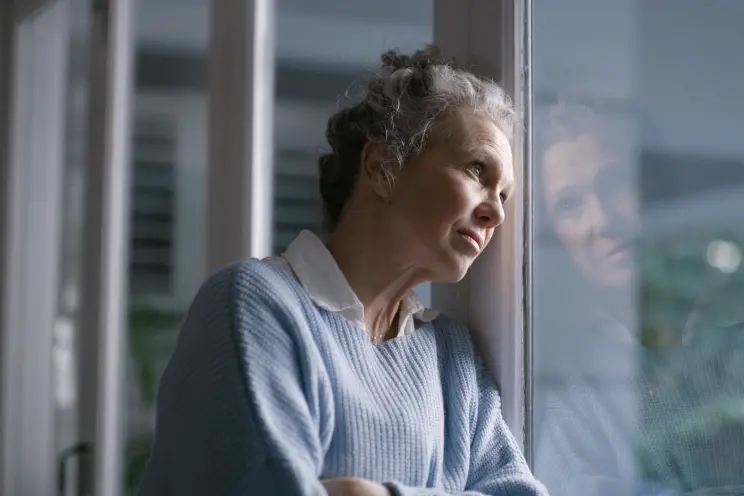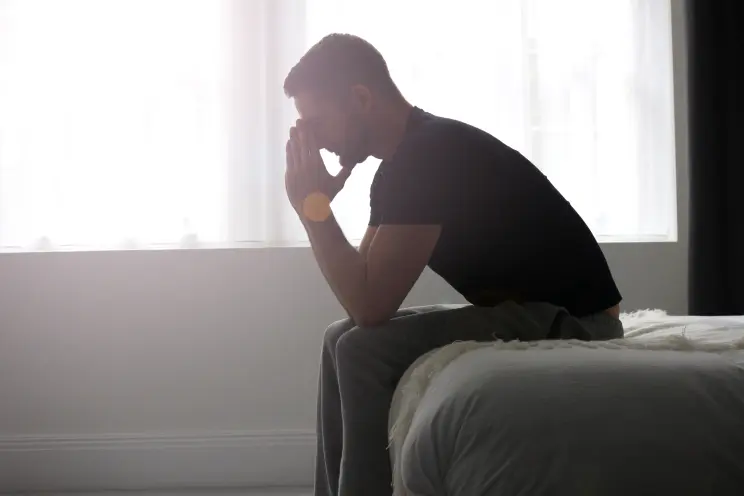Treatment for Depression
Depression is Treatable
In the U.S., an estimated 21.0 million adults will have at least one major depressive episode in their lifetime. This number represents 8.3% of all U.S. adults. These numbers are even higher among adolescents with 18 percent reporting depression in the past year. Fortunately, treatment of depression is effective for most people, allowing those affected to live a brighter and happier life. At Creekside Behavioral Health in Tennessee, we offer both inpatient and outpatient treatment for depression to adults, adolescents, and seniors.

What Is Depression?
Major Depression
Major Depression is defined by a period of intense sadness or hopelessness that lasts at least two weeks. It can come with feelings of worthlessness, helplessness, or a deep emotional heaviness that interferes with daily life.
Persistent Depressive Disorder (PDD)
Persistent Depressive Disorder (PDD) is a milder but longer-lasting form of depression. Symptoms are similar to major depression but occur over a span of at least two years, affecting how a person functions day to day.
Bipolar Disorder
Bipolar Disorder includes episodes of depression, but also involves extreme mood swings from high-energy, euphoric states (mania) to deep sadness or irritability. These changes can happen quickly or gradually.
Who Does Depression Affect?
Women
Women are more likely to be diagnosed with depression. Certain life events and biological factors play a role—such as pregnancy, infertility, PMS, postpartum depression, and menopause. Women are also generally more likely to talk about their feelings and seek help.Men
Men may be less likely to express sadness and are often reluctant to ask for help. Instead, they might display symptoms such as anger, irritability, or emotional withdrawal.Seniors
Older adults face unique challenges that may trigger depression—like retirement, medical issues, the loss of loved ones, or social isolation. Common symptoms in seniors include:- Social withdrawal
- Fatigue or sleep problems
- Appetite changes
- Feelings of worthlessness
- Thoughts of suicide
Adolescents
Adolescence brings hormonal changes and social pressure. Teens with depression might seem sad or withdrawn—or they may act out with anger, risk-taking, or substance use. They may also feel confused about their identity or anxious about the future.Common Symptoms of Depression
- Persistent sadness (lasting over two weeks)
- Loss of interest in things you used to enjoy
- Changes in appetite (eating too much or too little)
- Trouble sleeping or sleeping too much
- Low energy or constant fatigue
- Feelings of hopelessness or pessimism
- Restlessness or irritability
- Thoughts of death or suicide

What Causes Depression?
There’s no single cause of depression. It’s often the result of a combination of factors:
- Biological: Brain chemistry or hormone imbalances
- Genetic: A family history of depression
- Environmental: Trauma, abuse, neglect, or ongoing stress
Life events: Job loss, divorce, grief, financial issues, or major changes
How Is Depression Treated?
Depression is treatable. Creekside Behavioral Health creates a personalized plan for each individual that might include:
- Medication
- Therapy (such as cognitive behavioral therapy or talk therapy)
- A combination of both